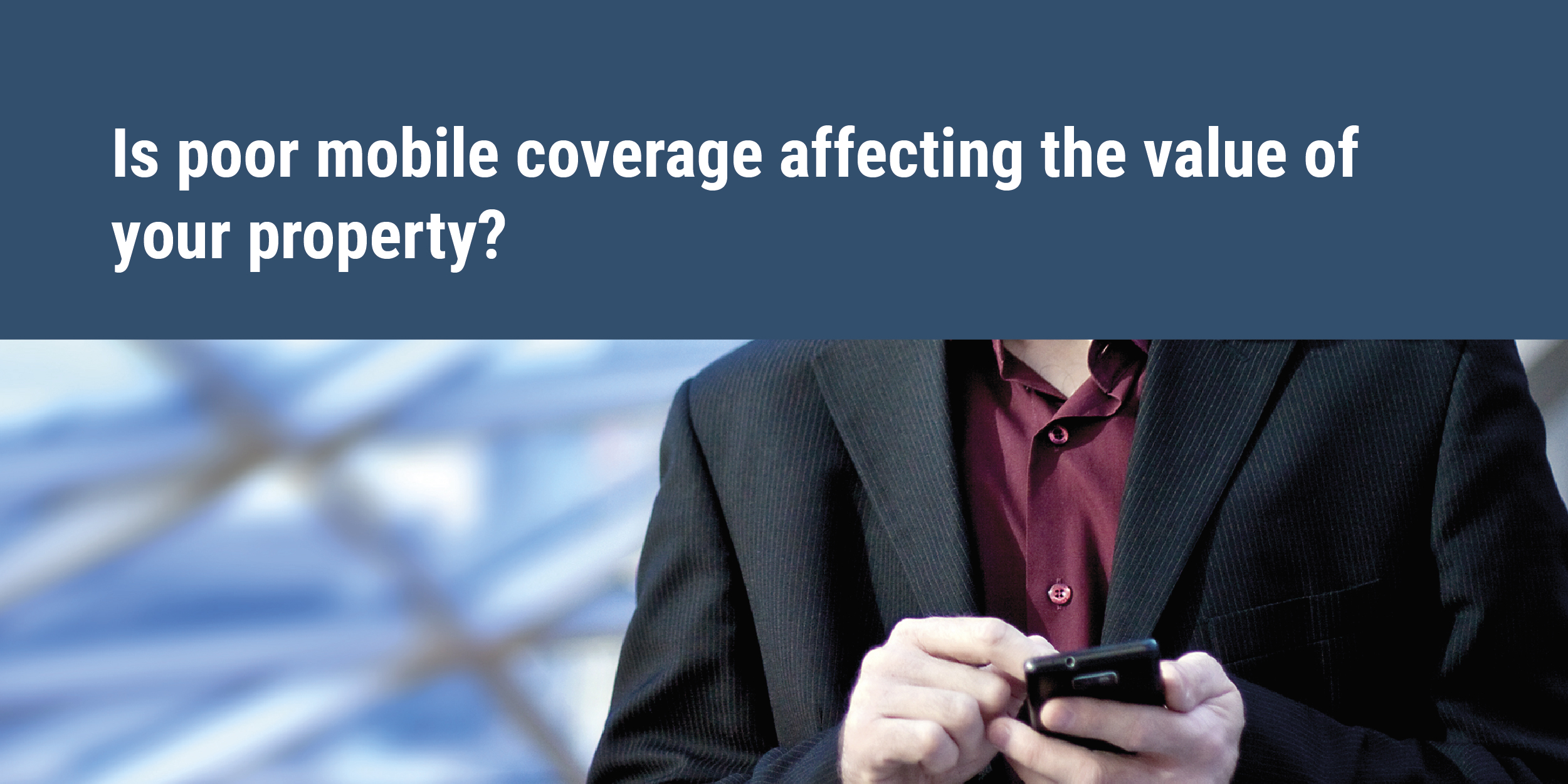INSIGHT
Mobile signal inside data centres
Data centres are becoming increasingly crucial for businesses and the technology industry. With their high-speed Internet and telecommunications infrastructure, data centres allow businesses to conduct business online and access data from anywhere at any time. However, while the benefits of using data centres are many, there are also potential drawbacks. One of the biggest concerns for many users is that mobile phone services will be disrupted when they are inside a data centre. While this is a common concern, there is little reason to be concerned if data centre providers implement the right solutions.
Customers expect their phones to work when they enter the data centre. And unfortunately, this is only sometimes guaranteed. Cell phone signals are weak inside large buildings because walls, ceilings, and other structural elements block strong signals.
While it is generally safe to assume that your cellular connection will remain intact in a data centre, that may only sometimes be the case. Many of these reasons are due to the type of construction and materials used. Data centres are built using steel and concrete. This construction does not allow for the good propagation of cellular radio signals. This can interfere with your device’s ability to connect to the cellular network. This problem is compounded if your network is already congested or operating at maximum capacity. This can lead to dropped calls, poor quality, and slow data speeds.
While eliminating these issues entirely may not be possible, technology has been developed to prevent them from occurring as much as possible. Building owners and operators need to ensure that DAS are an integral part of the design of their buildings.
To learn more about this technology and how it can be used to improve coverage in buildings, get in touch.
We can help
To book a Pan RF engineer to visit your site and carry out a no-obligation site survey, please fill out the form below.
Related Posts

Is mobile coverage an issue in your building?
If unreliable network coverage is a problem in a building that you’re responsible for and…

Is poor mobile coverage affecting the value of your property?
If unreliable mobile coverage is inconveniencing your building's users it will affect its attractiveness and…

Good Mobile Signal Means Happy Bar and Restaurant Customers
If unreliable mobile coverage is inconveniencing your customers at your bar or restaurant, we can…





